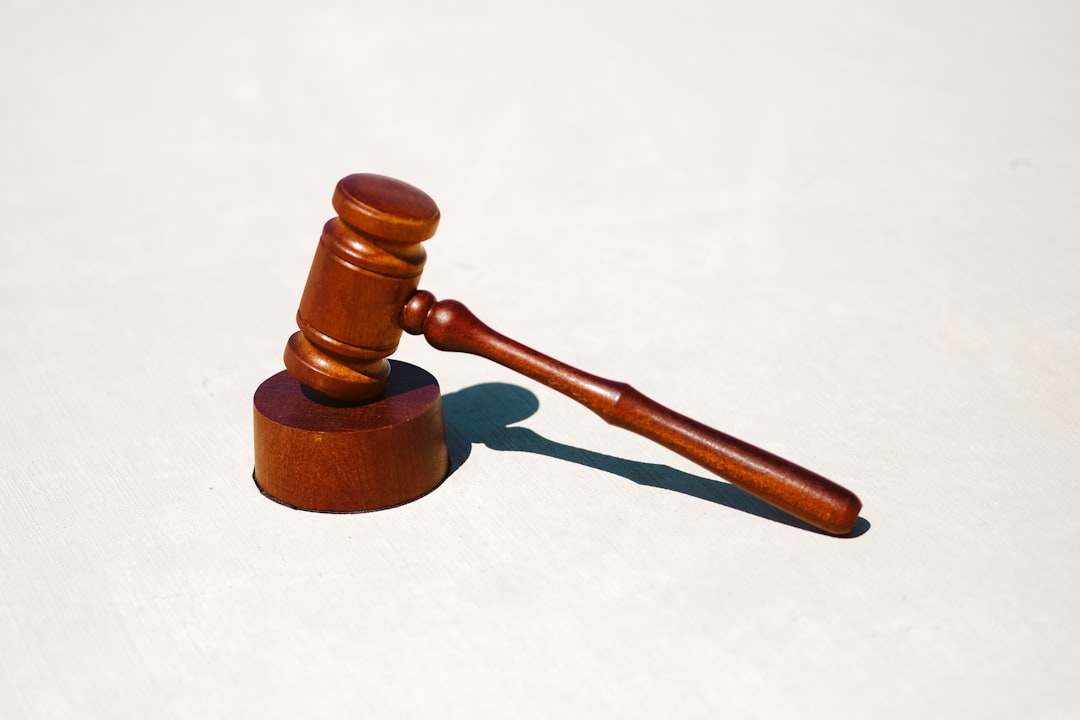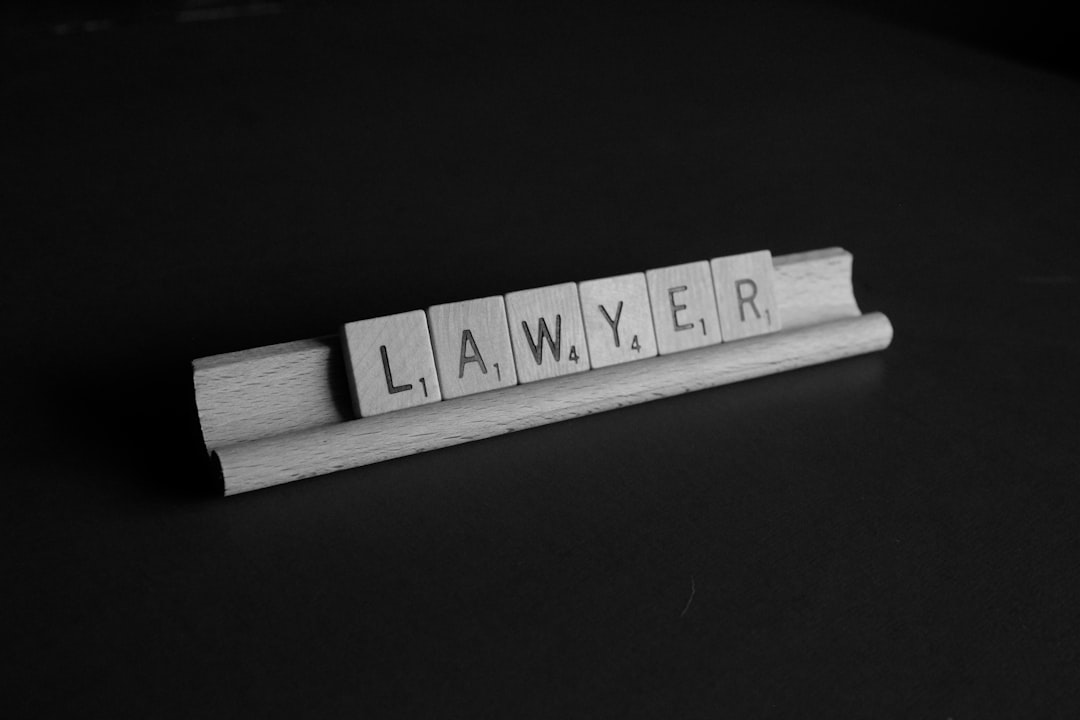In Indiana, Victim Impact Panels (VIPs) are a key part of restorative justice for sexual assault cases, allowing victims to share their stories and educate offenders while lawyers guide survivors through the process, ensuring their rights are protected. These panels facilitate healing, raise awareness, and influence support services and sentencing. Sexual assault lawyers in Indiana play a crucial role in both criminal and civil law, advocating for victims' rights and contributing to a more holistic understanding of sexual violence's effects.
In Indiana, victim impact panel programs offer a unique approach to sexual abuse cases through restorative justice. This article delves into the intricate world of these panels, highlighting their role in supporting survivors and holding perpetrators accountable. We explore the significance of sexual assault lawyers in navigating these processes, focusing on holistic healing. By examining the panel’s journey from testimony to transformation, we uncover how education empowers survivors, fostering a path to justice and recovery for those affected by sexual abuse in Indiana.
Understanding Indiana's Victim Impact Panels

In Indiana, Victim Impact Panels (VIPs) play a crucial role in the criminal justice system’s response to sexual assault cases. These panels are designed to provide a platform for victims to share their experiences and impact with the offender, offering a powerful tool for restorative justice. VIPs consist of a group of citizens who listen intently to the victim’s story, allowing them to express the emotional, psychological, and physical consequences of the sexual assault.
Sexual assault lawyers in Indiana often work closely with victims throughout this process, ensuring their rights are protected. The panels aim to educate offenders about the harm caused by their actions and foster empathy while also offering victims a sense of justice and validation. By participating in these panels, victims can contribute to a more holistic understanding of the impact of sexual violence, which can lead to improved support services and sentencing decisions.
The Role of Sexual Assault Lawyers

Sexual assault lawyers in Indiana play a pivotal role in supporting and advocating for survivors of sexual abuse. These legal professionals are equipped to navigate complex legal systems and ensure that victims’ rights are protected. They provide crucial guidance, offering expertise in understanding the intricacies of criminal and civil laws related to sexual offenses. By specializing in this field, they can offer specialized representation, helping survivors navigate the emotional and challenging process of seeking justice.
Indiana’s Victim Impact Panel programs, often facilitated by these sexual assault lawyers, serve as restorative justice initiatives. These panels provide a platform for survivors to share their stories and connect with those who have experienced similar traumas. Through this process, survivors can find healing, closure, and a sense of empowerment while holding perpetrators accountable. Sexual assault lawyers in Indiana facilitate these support systems, ensuring that victims’ voices are heard and their impact on the community is recognized.
Restorative Justice: A Holistic Approach

Restorative Justice, at its core, is a holistic approach to justice that focuses on healing and reconciliation for all parties involved in a crime, especially when it comes to complex issues like sexual assault. Unlike traditional punitive measures, this model emphasizes accountability and empathy while aiming to repair harm caused by criminal acts. In the context of Indiana’s legal system, sexual assault lawyers often play a crucial role in facilitating Restorative Justice initiatives within victim impact panel programs.
These panels serve as forums where survivors can share their stories and receive support from both the community and the perpetrator, fostering an environment that promotes understanding and personal growth. By engaging in restorative processes, individuals connected to the crime—perpetrators, victims, and even witnesses—can address the emotional and psychological impacts of sexual assault, moving towards a more balanced and just resolution. Such approaches have been praised for their potential to offer closure and facilitate a sense of healing for all involved.
Panel Process: From Testimony to Healing

The Victim Impact Panel (VIP) process in Indiana’s restorative justice system offers a unique and powerful avenue for healing after sexual assault. This program brings together survivors, offenders, and community members in a controlled setting to facilitate an open dialogue. During a VIP session, survivors share their stories and describe the impact of the crime, while offenders are encouraged to take responsibility and express remorse. The panels provide a platform for emotional release and can lead to profound transformations for both parties involved.
In the context of sexual assault cases, these panels offer more than legal consequences; they foster an environment where survivors can assert their agency and share their experiences. Sexual assault lawyers in Indiana often work closely with VIP programs, advocating for victims’ rights while also recognizing the potential for restorative justice to mend wounds left by trauma. Through testimony and subsequent healing sessions, the panel process aims to restore a sense of control and empower survivors on their path to recovery.
Transforming Survivors' Lives Through Education

Through education and awareness, survivors of sexual abuse can transform their lives. Victim Impact Panel (VIP) programs in Indiana play a crucial role by providing a platform for survivors to share their stories and educate others about the impact of sexual assault. These panels, often facilitated by trained professionals or sexual assault lawyers in Indiana, offer a safe space for healing and empowerment.
By participating in VIP programs, survivors gain valuable tools and resources that enable them to navigate the complexities of the legal system, access support services, and advocate for their rights. This process not only helps individuals heal but also contributes to a broader cultural shift, challenging societal norms and promoting restorative justice approaches to sexual assault cases.





